If you work in pharmaceutical sales, you know that it’s a fast-paced industry that demands results. You’re constantly under pressure to meet quotas, satisfy clients, and keep up with ever-changing regulations. And when your reps aren’t performing as well as you’d like, it can feel like an uphill battle. As a leader in this industry, you need a plan that will help you and your team succeed.
That’s where sales accountability comes in. By building a culture of sales accountability within your organization, you can motivate your reps to take ownership of their performance and work collaboratively to achieve their goals. And in this article, we’ll give you five proven strategies for doing just that.
Let’s explore this in more detail.
What is Sales Accountability?
Let’s break it down into simple terms: Sales accountability is all about taking personal responsibility for your actions and results in the world of sales. It means:
- setting clear goals,
- tracking your progress,
- and owning up to any obstacles or setbacks you encounter along the way.
When sales reps and teams prioritize accountability, they’re more likely to achieve their targets, learn from their experiences, and continuously improve their performance.

Five Proven Ways to Instill Sales Accountability
To help your team thrive in this competitive landscape, we’ve gathered five proven ways to instill sales accountability and drive success.
1. Set Clear Expectations
Establishing clear expectations is the first step in creating accountability. The most important thing you can do is define objectives and goals for your team, and then set achievable milestones along the way to ensure they’re making progress towards those goals.

Setting expectations is an ongoing process that should be done on a regular basis, but there are some steps you can take to make this easier:

- Be specific about what needs to be accomplished by when. For example, if someone has been given a project with specific deadlines, explain exactly what they need to do by those dates (and how much time they have).
- Ensure every team member understands their responsibilities—never assume that a person’s tenure at the company guarantees their complete knowledge of their roles and duties. Regularly clarify and reinforce each individual’s responsibilities to maintain a well-informed and accountable team.
2. Provide Coaching and Feedback
Effective management requires staying informed about your team’s activities and progress. Incorporating coaching sessions into your approach fosters a supportive and growth-oriented environment. Focus on each team member’s unique strengths and weaknesses, providing tailored strategies to help them excel.

Utilize data-driven insights to assess each individual’s performance, comparing their results with team members. This approach allows you to pinpoint areas requiring improvement and offer personalized feedback for better outcomes. Remember, a human touch and customized coaching can make all the difference in driving your team’s success.
3. Schedule Field Days with Reps
Managers should spend time in the field with their sales representatives, observing their interactions with clients and providing real-time feedback.
Allocating days to accompany your sales reps in the field offers invaluable insights and strengthens team rapport. Follow up these interactive sessions with clear and comprehensive documentation to ensure the lessons learned are effectively communicated and implemented.

This hands-on approach not only enhances your understanding of their challenges but also demonstrates your commitment to their growth and success.
4. Implement and Monitor Action Plans
After field days, managers should work with their sales representatives to create action plans for improvement. These plans should address areas such as product knowledge, regulatory compliance, selling skills and relationship building with healthcare professionals.

Monitor the progress and effectiveness of these action plans through regular check-ins, tracking key performance indicators (KPIs), and providing consistent feedback. By remaining agile and responsive to industry-specific challenges, you can ensure your sales team stays competitive and achieves sustainable success.
5. Foster a Sense of Ownership
Encourage your team to take ownership of their work by providing them with autonomy and decision-making power. This approach fosters a sense of accountability and increases motivation and engagement.
Create a culture where team members feel comfortable contributing ideas and taking calculated risks. This can result in innovative solutions and a more collaborative work environment.
Recognize and reward team members who demonstrate a sense of ownership, both individually and as part of the team. This not only reinforces this mindset but also increases overall job satisfaction and loyalty to the company.
Before You Leave
To wrap up, cultivating a culture of sales accountability within your organization is essential for driving success and achieving measurable results. By implementing these five strategies you can foster a positive environment where your sales team thrives and consistently meets their goals.



